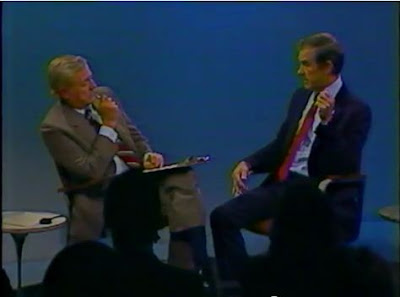In case you missed it, the Internet went into anaphylactic shock
last January. Facebook users “censored” their profile pictures, Google blacked out
their logo, and popular websites like Wikipedia temporarily suspended their services.
The mass reaction was in protest of two bills, which at the time
were attempting passage through Congress: the Senate’s Protect Intellectual Property Act (PIPA), and the House’s Stop Online Piracy Act (SOPA). Together,
these proposals aimed to tackle the near intractable problem of online piracy,
which experts estimate cost Hollywood studios, record labels and publishing
houses $135 billion a year.
No doubt the legislation was well intentioned, but both were crudely
constructed.
 In the original bills, Congress used ill-defined terms such as
“search engine,” “pirated material” and “foreign websites” to describe what
they intended. But these categories are so vague and far-reaching the
government nearly gave itself draconian censorship powers.
In the original bills, Congress used ill-defined terms such as
“search engine,” “pirated material” and “foreign websites” to describe what
they intended. But these categories are so vague and far-reaching the
government nearly gave itself draconian censorship powers.
If implemented, both would have reversed the 1998 Online Copyright Infringement Liability
Limitation Act (a mouthful if ever there were one), which immunized video websites
such as YouTube from legal action if their services were used to disseminate
copyrighted material. (So long as these sites remove offending videos when
notified, they are not culpable for copyright infringement.) Yet under SOPA and
PIPA, “search engines” like Google would have been reprimanded for providing access
to “foreign websites” with “pirated material” , even though the process by
which they aggregate their links is, for the most part, automated.
Clearly companies needn’t be punished because someone, somewhere might
be using their services illegally.
But perspective, as it often does, should quell the indignation. Overzealous
critics have argued that SOPA and PIPA have much to say about the size of our government,
its ineptitude, and the role it plays in our lives. To many, these bills are
new evidence that prove (beyond a
shadow of a doubt, no less) that government
is corrupt and out to cripple our civil liberties.
Not so fast. To the contrary, SOPA and PIPA prove the government
is working just fine.
First, broad or slightly
ambiguous bills are generally virtues, not vices. Often our legislature intentionally writes such bills because they
give the judicial and executive branches ample room to exercise case-by-case discretion.
As an example, after a casual perusal through our Constitution one
may have wondered what exactly constitutes
an “unreasonable”
search or seizure. Surely that phrase is less defined than “search engine.” But
such ambiguity doesn’t stop this law from being enacted, nor our privacy from
being protected.
 |
| The Supreme Court unanimously held unwarranted GPS tracking is unconstitutional |
Case in
point: It was in January the Supreme
Court unanimously ruled the
government cannot track its citizens’
whereabouts using GPS devices absent a warrant, because such actions constitute
an “unreasonable search.”
Isn’t it
better this way? Isn’t it better the Supreme Court can exercise discretion when
interpreting a law written when GPS devices didn’t exist? If one found themselves being tried in public court, wouldn’t
they prefer a judge factor in the current circumstances, rather than applying hard-and-fast
rules written by 535 members of Congress from 50 states and 435 congressional
districts?
Don’t overanalyze the situation. All SOPA and PIPA have proven is
that this technique isn’t advantageous when dealing with matters requiring a
high degree of technical expertise. Nothing more, nothing less.
Second, government’s proper functioning is shown by the difficulty
these bills were facing before the
protests.
Bad bills happen; and the Founders – disdainful of (but well-versed
in) the effects of political factions, political money and special interest
groups – put in place a series of mechanisms to ensure these floundering
documents don’t become law. What they instituted largely remains intact, and can
be summed in just one word: gridlock.
Consider: the internet blackout was meant to coincide with a
committee hearing on SOPA in the House, but didn’t. The hearing was postponed
due to lack of consensus on how the bill should proceed, portending significant
reservations on behalf of those most familiar with the legislation. If SOPA
couldn’t make it out of committee, how, pray tell, would it have gotten a majority
in the House, let alone a supermajority in the Senate?
Yes, Americans must be vigilant in the protection of our civil
liberties, but we
needn’t devolve into histrionics and excessive argumentation because someone, somewhere is contemplating bad
policy. Like terrible ideas before them, SOPA and PIPA were squashed, and The
Founders, at least for now, have been vindicated.
Now, if you don’t mind, I’ve got an episode
of Mad Men to pirate.




